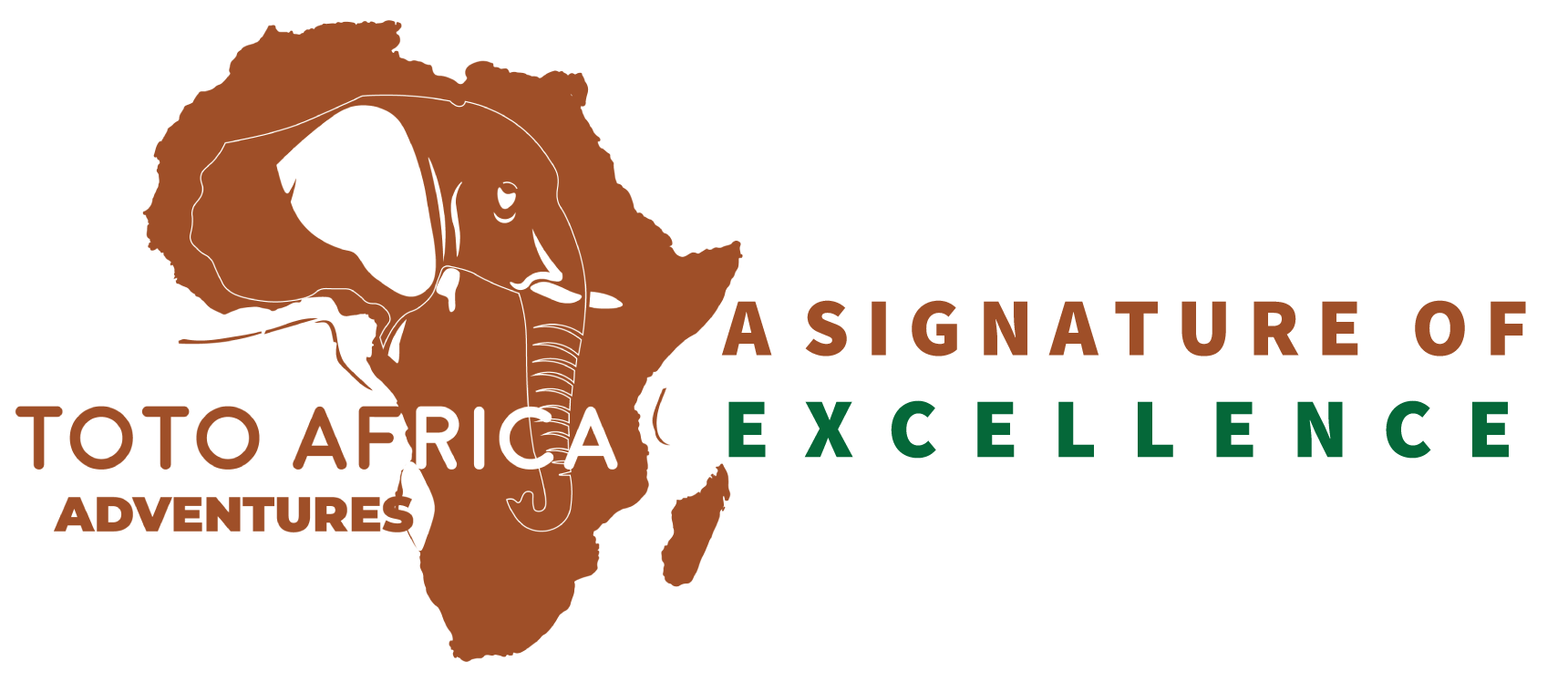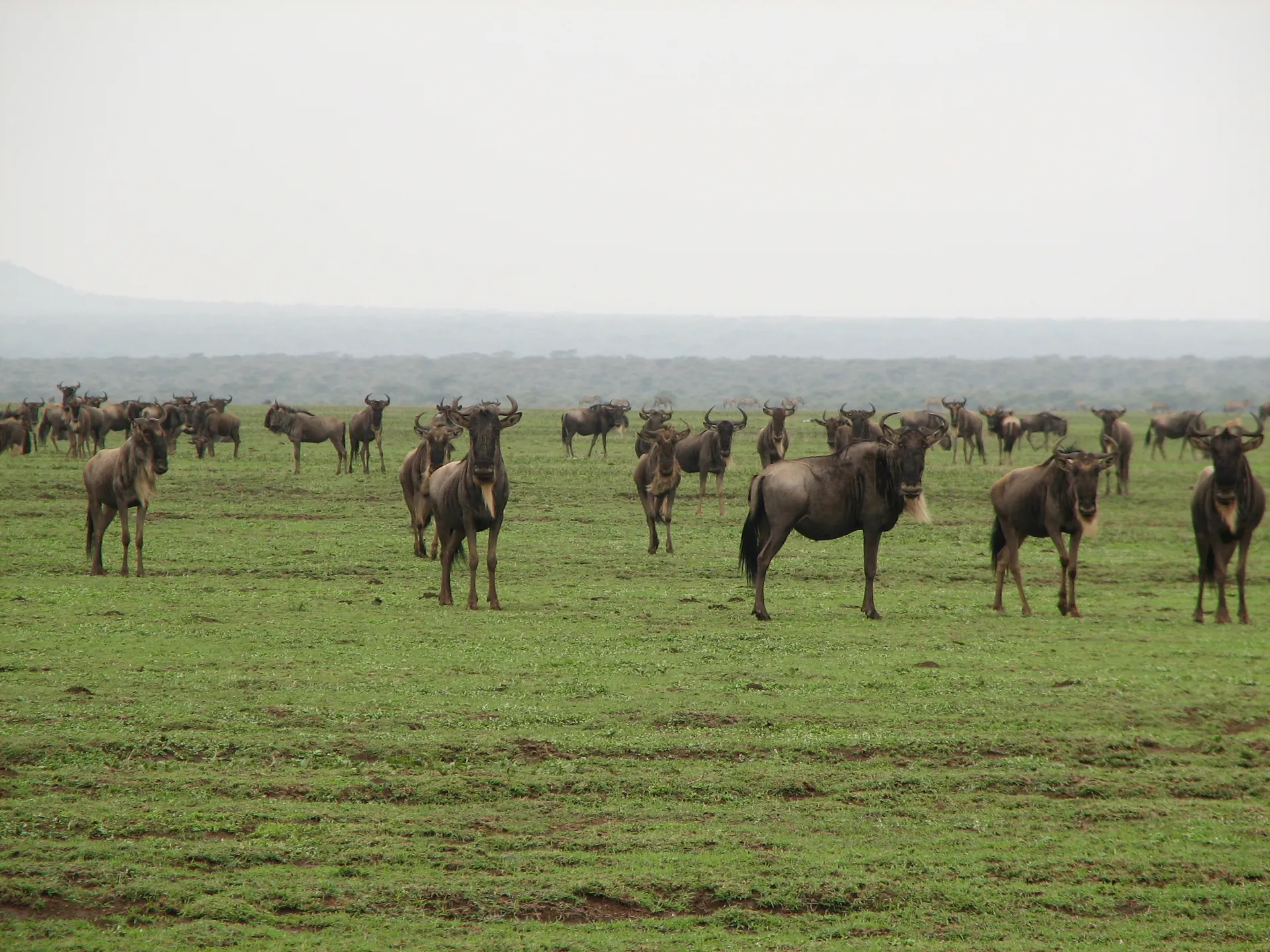TANZANIA NORTHERN CIRCUIT SAFARI DESTINATIONS
Embark on an enchanting exploration of Tanzania’s Northern Circuit, a captivating route that showcases the country’s most iconic natural wonders and cultural treasures. Beginning in the vibrant city of Arusha, gateway to Tanzania’s northern safari circuit, travelers are immersed in the rich tapestry of East African life and hospitality. From there, the journey unfolds into a tapestry of diverse landscapes and wildlife habitats, with highlights including the legendary Serengeti National Park, renowned for its annual Great Migration and unparalleled wildlife viewing opportunities. Traverse the sprawling plains where lions roam freely and vast herds of wildebeest thunder across the savannah.
Continuing the adventure, travelers venture into the ancient Ngorongoro Crater, a geological marvel teeming with an astonishing concentration of wildlife within its steep walls. Nearby, the lush forests of the Ngorongoro Highlands offer a tranquil retreat, where encounters with indigenous Maasai communities provide a glimpse into traditional East African culture and way of life. Concluding the circuit, the majestic peaks of Mount Kilimanjaro beckon, standing as a towering sentinel over the East African landscape and offering intrepid climbers the ultimate adventure. With its blend of breathtaking scenery, diverse ecosystems, and rich cultural heritage, the Tanzania Northern Circuit promises an unforgettable journey through one of Africa’s most captivating destinations.
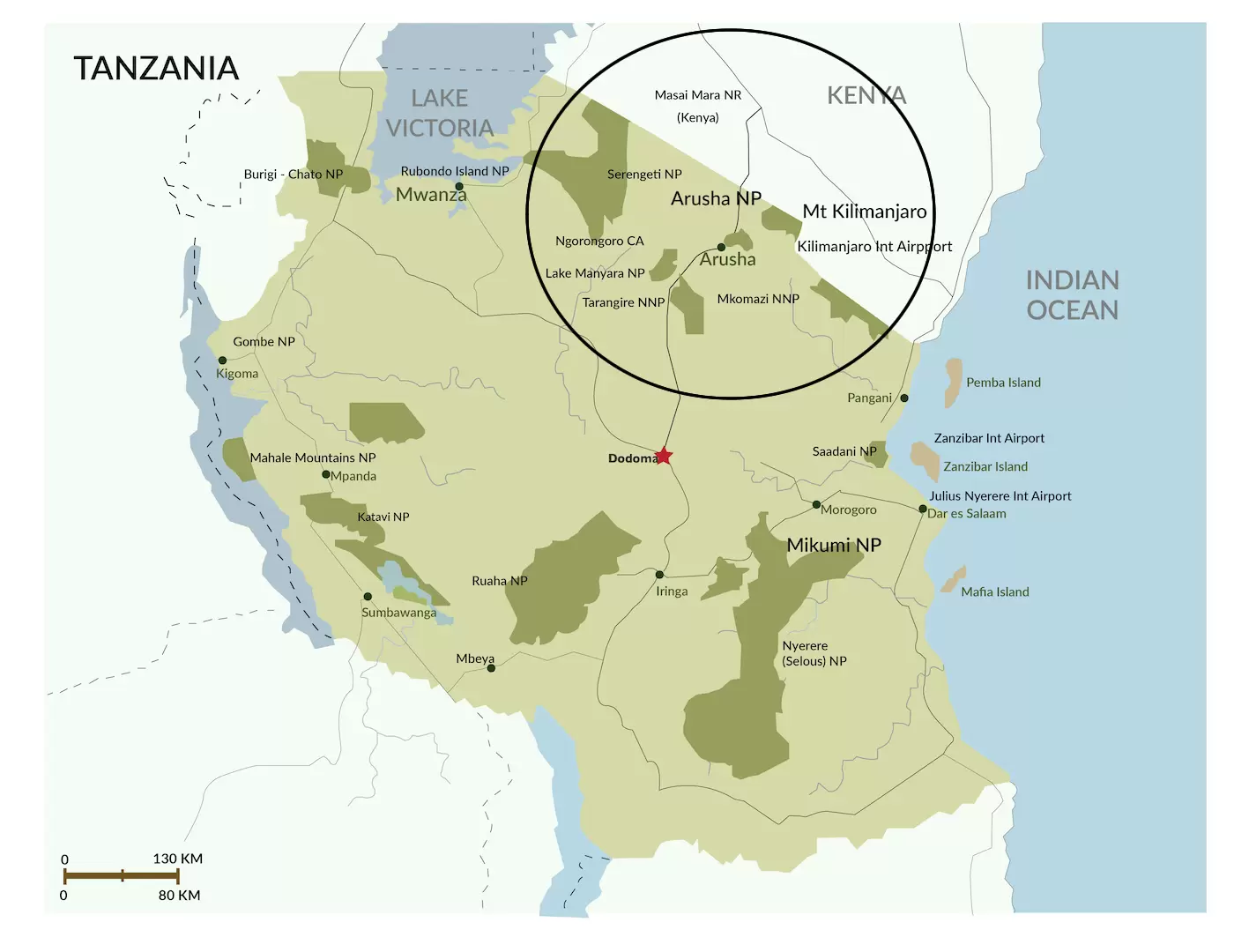
When Is the Best Time to Visit Tanzania’s Northern Circuit?
The best time to visit Tanzania’s Northern Circuit is during the dry season, which typically runs from late June to October. This period offers excellent wildlife viewing opportunities as animals gather around water sources, and vegetation is less dense, making spotting easier. Additionally, the weather is cooler and less humid during these months, enhancing the overall safari experience. However, if witnessing the Great Migration is your priority, consider visiting between December and March when the herds are in the southern Serengeti and Ndutu area for calving season. Ultimately, the best time to visit depends on your preferences and what you hope to see and experience during your safari adventure.
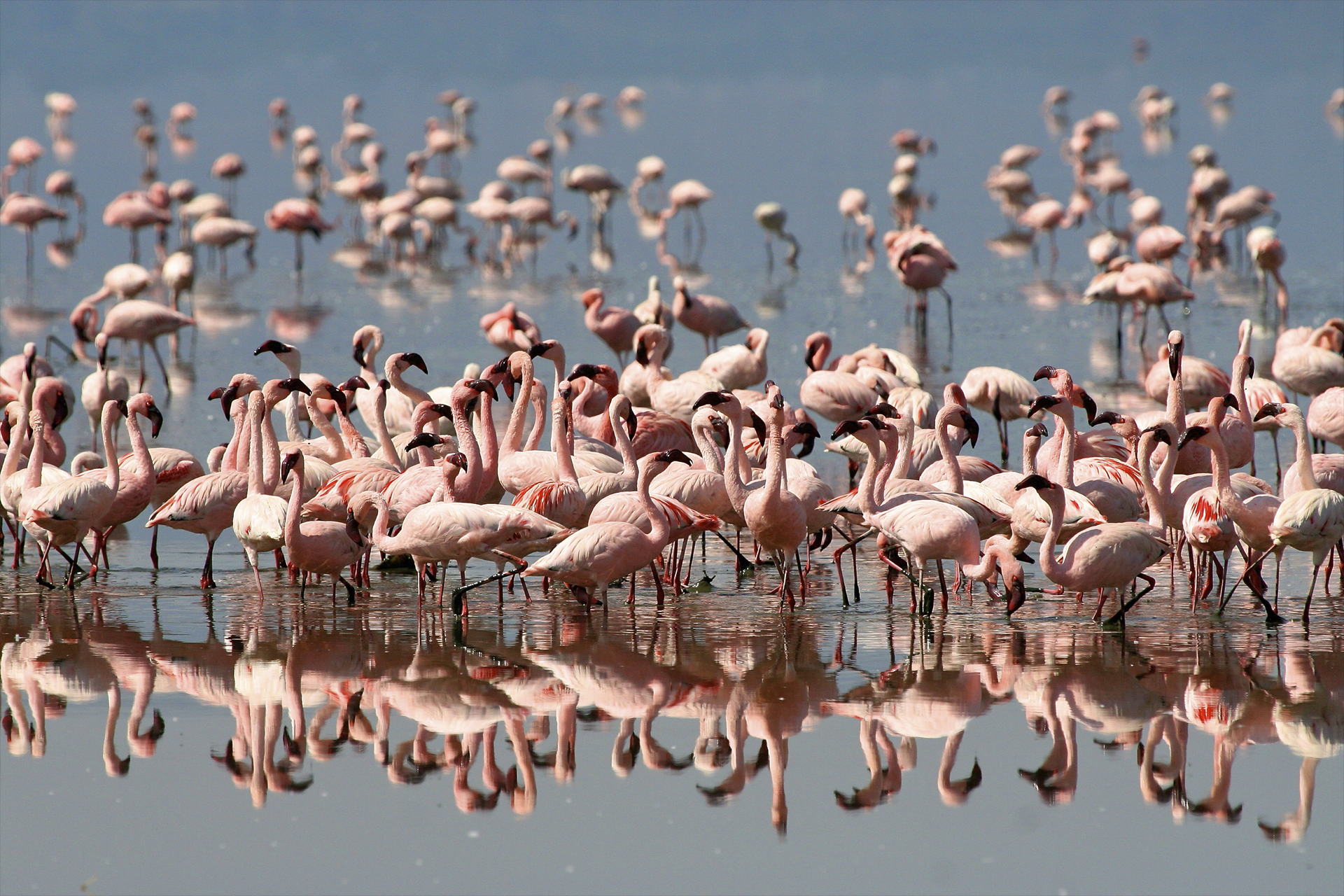
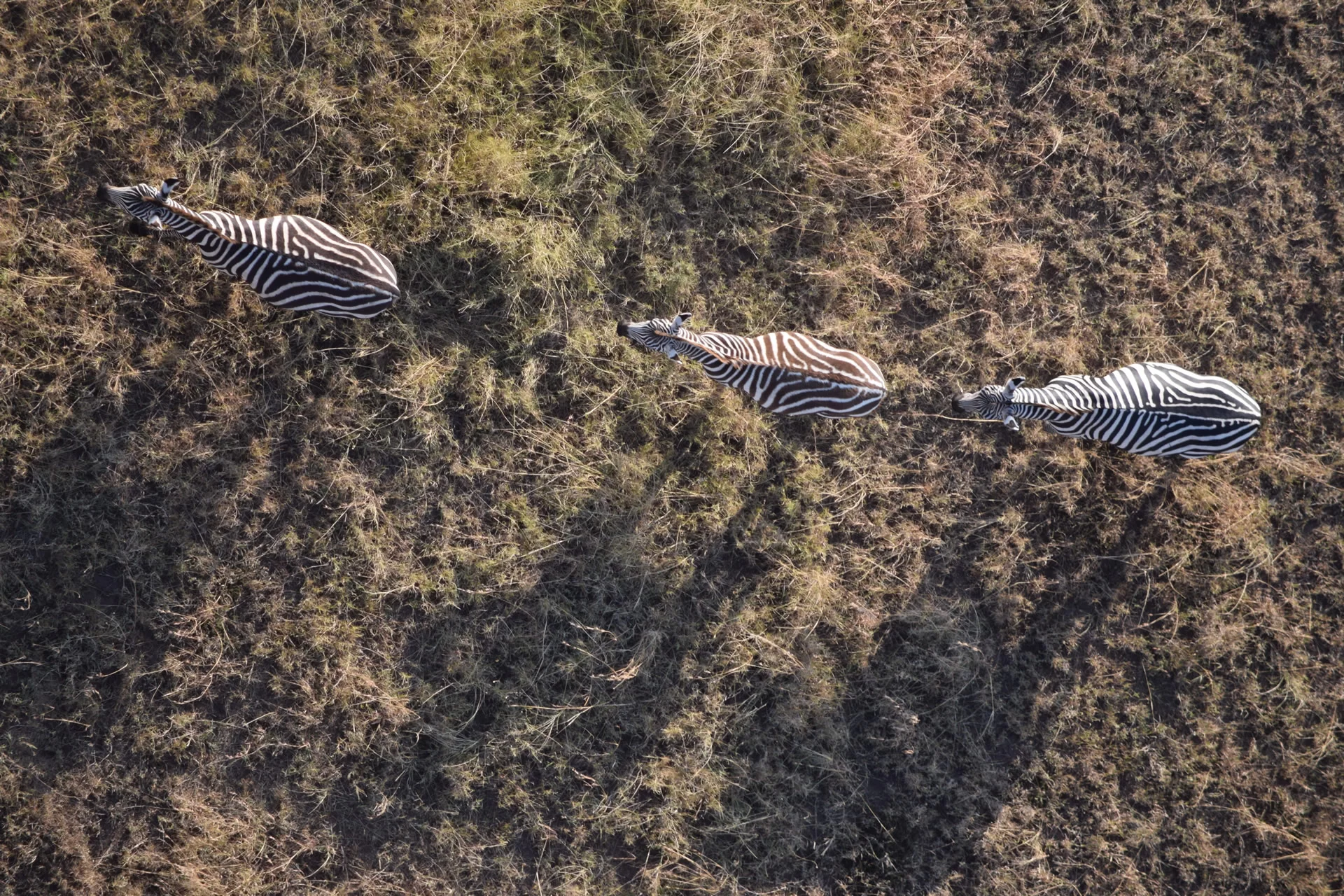
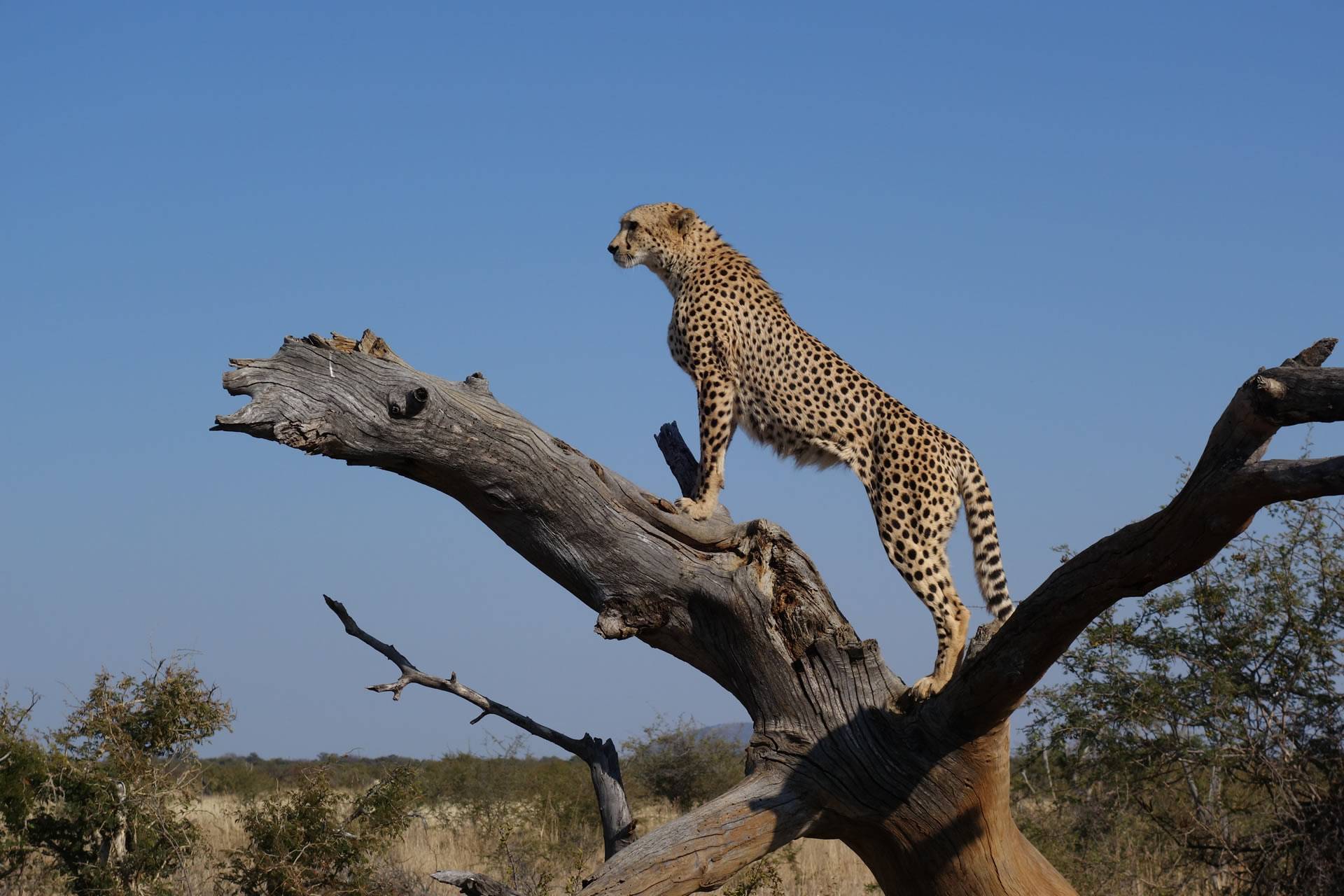
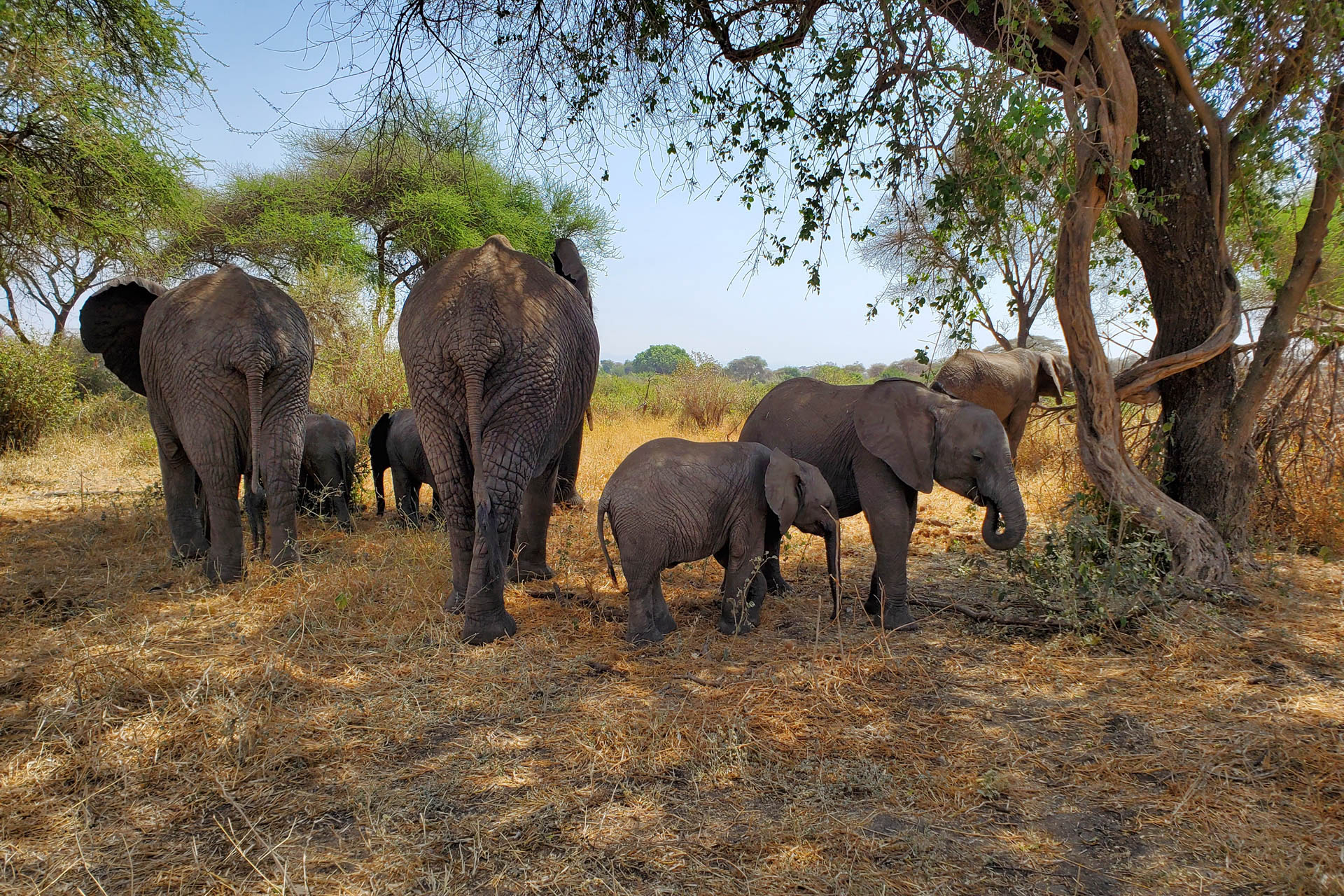
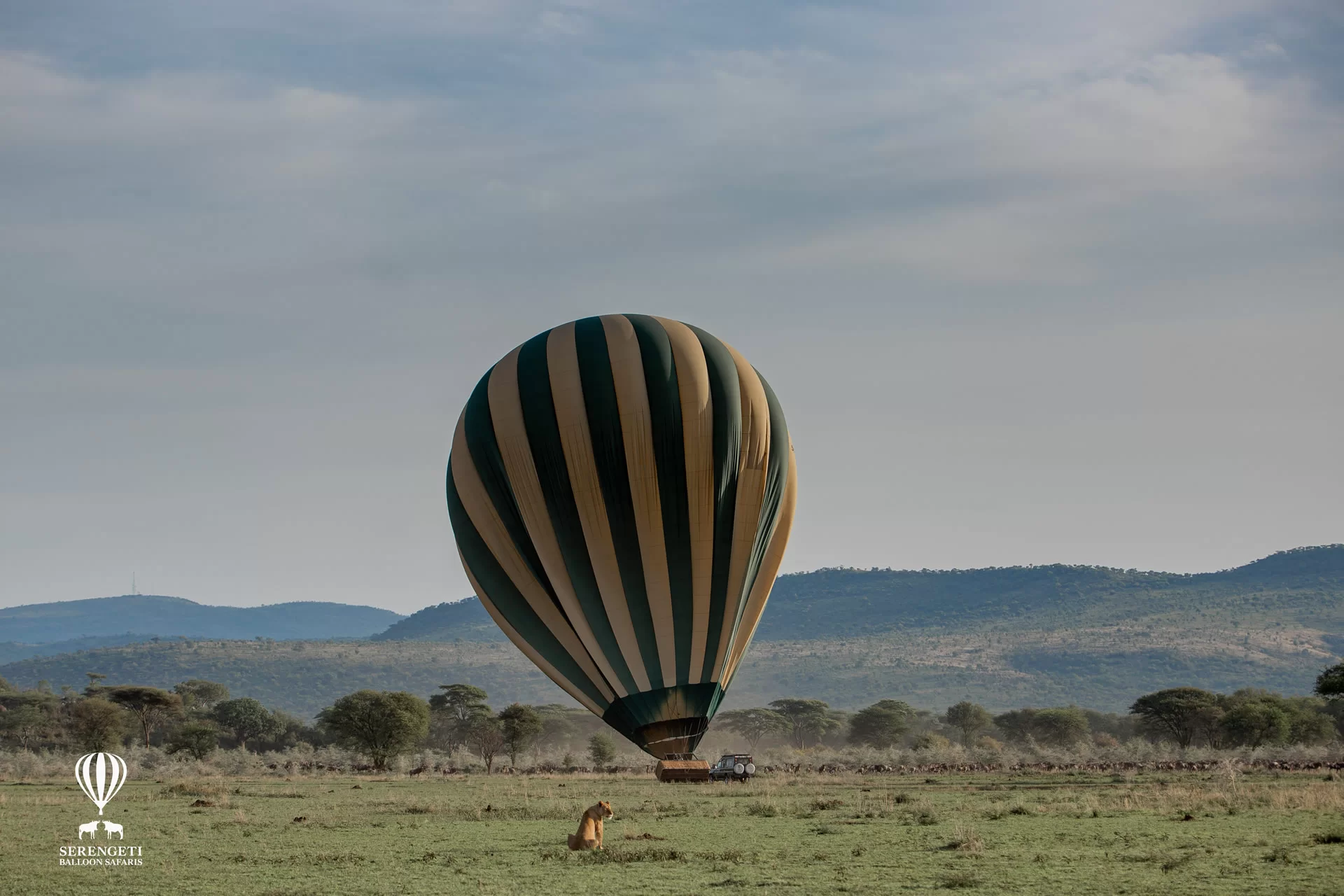

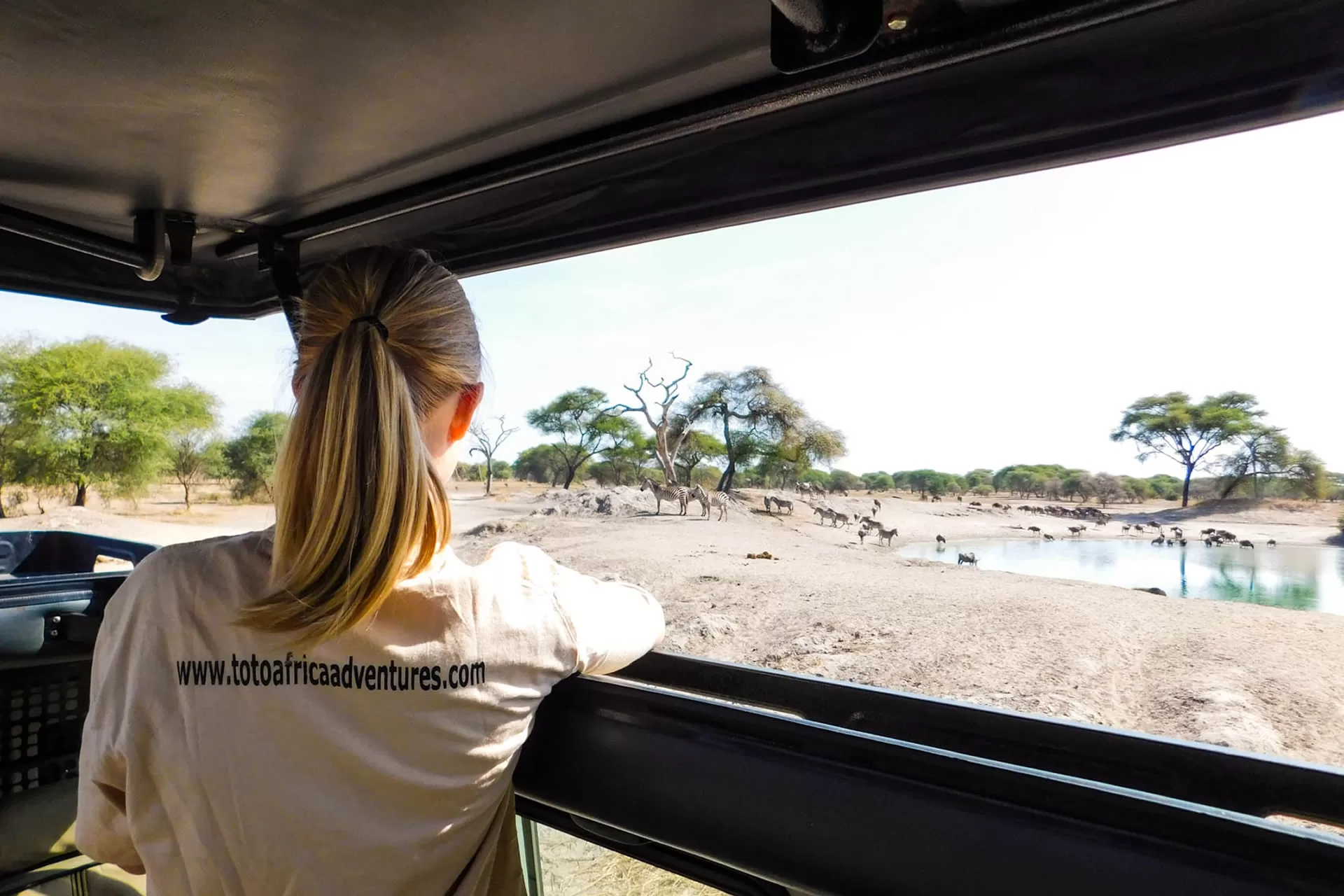

TOP DESTINATION FEATURED IN THE NORTHERN CIRCUIT
One of the world’s most iconic wildlife conservation areas, Serengeti National Park, a World Heritage Site, is a “must see” on your Tanzanian safari. Totaling 14,763 sq km in area, the park is appropriately named after the Maasai word for “endless plains”. Here you are certain to get up close and personal with the “Big Five” (Lions, Elephants, Rhinos, Leopards, and Cape Buffalo) and hosts of other iconic and lesser known species. Given the vast terrain, weather patterns, and migratory patterns of the innumerable species, many animals of the Serengeti are constantly on the move. This makes for an adventurous game drive! The terrain of the park varies from long and short grasslands, open plains in the south, acacia savanna in the central area, hilly, more densely wooded landscapes in the northern section, and extensive woodland and black clay plains, dominated by the central ranges of mountains in the western corridor.
The plains are dotted with rocky outcrops known as “kopjes”, and there are several rivers running through the park, notably the Seronera river in the central area, the Grumeti river in the Western corridor, and the Mara river in the north. The variety of landscapes keep you constantly in awe. The birds of the Serengeti are just as spectacular and varied as are the larger animals—there are several types of eagles and vultures, ostrich, secretary birds, kori bustards, hornbills, guinea fowl, as well as a host of smaller birds. There have been almost 500 species of birds recorded in the park, including several that migrate from Europe and Asia in the winter months—Truly a great park for birding.
Tarangire National Park, a stunningly photogenic park, is home to an astonishing diversity of species, and is remarkable for its concentration of Elephants. Tarangire derives its name from the Tarangire River that flows through the center of the Park from the southern side towards the northwest outlet in lake Burungi. Tarangire National Park is part of the larger Tarangire-Manyara Ecosystem covering a total area of about 35,000 km2. From the magnificent savannah landscapes (for which the park is justly famous) to the vast number of Baobabs that form the habitat for diverse species of birds and bats, this is a park offers a truly sublime experience.
Tarangire is located in an arid geographical belt that supports growth of a wooded savannah that is dominated by Acacia, Terminalia, Combretum and commiphora species. The most remarkable vegetation types in the area include: riverine woodlands, Acacia tortilis park land, wetlands and seasonal flood plains, acacia-commiphora woodlands, riverine grasslands, combretum-dalbergia woodlands, acacia drepanolobium woodlands, rocky hilltop (kopjes) vegetation, deep gully vegetation and grasslands with scattered Baobab trees.The Park serves as a dry season refuge for a majority of diverse migratory wildlife in the Tarangire-Maasai Steppe ecosystem. The park has about more than 550 Bird species. Particularly rich bird life occurs in the open Acacia woodlands, in and along the wetland (Silale Swamp), and in the flood plains of the Tarangire River.
Ngorongoro Crater is a rare protected area where people (the Maasai) and wild animals co-exist in harmony. A large permanent concentration of wild animals can be found in the huge and perfect crater. Ngorongoro is technically a “caldera”, the largest sunken ancient caldera in the world. Estimated three million years old, the once-volcanic Ngorongoro is now considered one of “Africa’s eighty wonders”. We think it is truly one of the world’s greatest treasures. Also known as the “Garden of Eden”, the Crater floor is a natural safe haven for thousands of animals such as wildebeest, more than two hundred lion prides, zebra, elephants, hippos, hyenas, Thomson gazelles, African buffalo, crocodiles, ostriches, and many species of birds, not to mention that this is one of the best places to spot an endangered Rhino. A visit to Ngorongoro is a must, and a great place to add on a cultural tour to a Maasai village.
Lake Manyara National Park is an attractive and amazingly diverse park for its size of 325 square kilometers (125 square miles). The park is well known for the drama of its terrain, quickly changing from a shallow soda lake covered in flamingos to acacia woodland housing large concentrations of baboons troops, giraffe and elephant herds, and a birding paradise for than 400 bird species to the Great Rift Valley escarpment with its famous tree-climbing lions. The park also boasts an underground water forest. Lake Manyara is a great stop on the way to the Serengeti, or a wonderful short safari of its own for those on shorter holidays.
Arusha National Park is among of the smallest parks in Tanzania, covering only 137 square kilometers. It is situated a short distance from the city of Arusha, making it easy to visit on a day or half day adventure. The park has several completely different micro-habitats within its confines, from a soda lake which outfit a large number of flamingo to dense forest habitat for black and white colobus monkeys, a plain (or small Serengeti), a crater, and the hikable Mount Meru.
Olduvai Gorge is the birthplace of human kind! It was here, in the early twentieth century, that the famous archaeologist Dr. Louis Leakey uncovered some of the earliest remains of fossil hominids. With the constant search for an answer to where we came from and what we are, culturally and biologically, this visit offers an appropriate education for the future in a shrinking, multicultural world. Olduvai gives us a better understanding of our evolutionary history and thus ensures our future success and well-being as a species. The name Olduvai originated from a European misspelling of Oldupai, the correct Maasai word for this region of great historical importance—named after the wild sisal plants growing in abundance in the gorge. The gorge is a very steep-sided ravine roughly 30 (48 km) miles long and 295 ft (90 m) deep. According to paleoanthropologists, the deposits show rich fossil fauna that cover a time span from about 2,100,000 to 15,000 years ago. While you are on your Northern Circuit tour, you should consider making a stop at this famous archaeological site located in the eastern Serengeti Plains and within the Ngorongoro Conservation area authority.
TRAVEL WITH TOTO AFRICA ADVENTURES
Embark on an unparalleled safari adventure with us, where the majesty of Tanzania’s wildlife meets unbeatable value. At our company, we take pride in offering the best safari packages at reasonable prices, ensuring that your journey into the heart of Africa’s most iconic landscapes is not only extraordinary but also affordable.
Don't take our word for it— let their testimonials be your guide
We have been receiving reviews from our served clients and Toto Africa Adventures is rated 5/5 by customers. This honor is given to us by customers because we always remain committed to all our customers to do whatever is needed by them to make their safari fully satisfied.
EXCELLENTVerified The Ultimate Luxury Family Travel Experience: Secure, Adaptable, Flexible, Affordable, with Helpful Staff and Beautiful Accommod We recently returned from a 10-day Luxury family safari with Toto Africa Adventures, and we had an amazing time. While organizing our vacation, we looked at several safari operators; in the end, when we contacted Toto Africa in our first correspondence with Chris Japheth, we were impressed by his promptness and adaptability in creating a personalized safari itinerary we decided on Toto Africa Adventures because they provided the best itinerary accommodations for our Family requirements and were the most professional and attentive. Our safari was made extremely enjoyable, safe, and enlightening by our driver guide, Benard. He made an effort to find out what we were most interested in seeing at the start of the trip, and we were able to see a lot more than that. He has an extensive understanding of Tanzania's ecosystems as well as its animal and wildlife populations. He provided comprehensive answers to all of our inquiries and offered insightful commentary on Tanzanian culture and daily life. He made us laugh every day, drove very safely and skillfully, and was always polite. We visited Tarangire Park which is a beautiful park filled with Baobabs and Acacias with a large variety of game such as zebras, buffalo, giraffes, and waterbuck. Of note during this time are the massed elephants along the Tarangire River a tremendous sight and the healthy pride of lions. From there, we head to the Ngorongoro. This is the largest intact crater in the world abundant with wild game including elephants, rhinos, cheetahs, lions, leopards, and hyenas. we also visit the Serengeti, Tanzania’s most famous and largest national park and one of the most spectacular parks in the world. And we spend 4 days in Zanzibar with Toto Africa Adventures. Our chef Alli always prepares super tasty, fresh, and delicious meals every day. They brought various kinds of meals including meat, vegetables, fish, and fruits. We also had special dietary requirements that were met without a problem. We thank the Toto Africa Adventures team for the wonderful 10-day Luxury family safari. Without a doubt, we will tell our friends about Toto Africa Adventures in the future.Verified Amazing family safari in Tanzania. Miss Neema and Guide Mr. Ben of Toto Africa Adventures truly exceeded our expectations! Their personalized service and expertise made our journey through Tanzania unforgettable. Miss Neema's attention to detail ensured every aspect of our trip was seamless, while Guide Mr. Ben's extensive knowledge of the region's wildlife and culture enriched our experience beyond measure. Together, they created an atmosphere of warmth and hospitality that made us feel like family. We can't thank them enough for their dedication and professionalism, and we highly recommend Toto Africa Adventures to anyone looking for an authentic and rewarding African safari experience.Verified Really great trip With the most amiable, knowledgeable, and compassionate local guide, Livingstone, my spouse and I enjoyed the most amazing nine-day customized vacation around Tanzania. Every activity, including game drives, boat safaris, trekking with gorillas and chimpanzees, really cozy hotels, and delectable cuisine, was well planned to let us to make the most of our time in the nation! I heartily suggest taking Toto Africa Adventures tour.Verified Excellent Adventure It was an amazing five days on safari with Toto. Director Japheth ensured a smooth planning process by creating a custom schedule that included exhilarating game drives and luxurious lodge accommodations. Because of guide Livingstone's knowledge and enthusiasm for animals, amazing encounters and fascinating tales resulted. Everything about the experience—from breathtaking animal sightings to opulent lodgings—surpassed expectations. A trip that will never be forgotten is ensured by Toto's commitment to providing individualized excursions in conjunction with professionals like Japheth and Livingstone. Toto is a great choice for anybody looking for a customized safari experience full of unique experiences.Verified All amazing ! Our safari experience was all that we could have wished . It was relaxed with fabulous close up respectful views of the animals . We were a family of five on a camping safari.. Ben our guide , was a magician in finding the animals and was very easy company .Japheth punctually made our arrangements and Brighton cooked delicious local and European food helped by Inno who taught us SwahiliVerified A trip of a lifetime! Toto Africa gave us a family holiday we will never forget! Our 6 day itinerary was the perfect combination of safari and culture that really showcased Tanzania. I can not recommend them highly enough for organising your perfect African adventure!Verified Family Tanzania experience We heard about Toto Africa Adventures from a good friend who had travelled with them recently. As a family of 5, mum dad and three daughters in their 20s, we were not disappointed, and the trip represented good value for money. A great combination of safari camping, cultural experiences and hot spring swimming was wonderfully put together by Japheth, who answered our many questions quickly prior to arrival. Special mention to our safari guide Ben, and also to the wonderful food cooked beautifully. Thank you Japheth, we will be back to conquer kili with you! Do remember to ‘ go with the flow’ as this is an adventure, Toto Africa adventures is thoroughly recommended.Verified Affordable tailored holiday in Tanzania We had such an amazing two week holiday thanks to Chris Japheth and Toto Africa. He put together an itinerary that was exactly what we wanted and ensured we had some truly unforgettable experiences - seeing the Wildebeest crossing the Mara river in the Northern Serengeti, a wonderful picknick in the Serenget near the Kenyan border. A hot air balloon safari, stunning hiking in the Usambara Miuntains and a relaxing end to the holiday on the coast. The guides were wonderful. All in all a great experience. Would definitely recommend booking with Toto Africa.Verified A superb experience! My spouse and I just finished an incredible 9-day journey through Tanzania to see the Great Migration and it was all thanks to Toto Africa and its owner, Chris Japeth. We shopped nearly half a dozen tour operators and this was the best value for our itinerary. We booked a 5-day safari and beach holiday opting for the mid range package (Note: We booked the all-inclusive resort in Zanzibar separately as that saved us a couple hundred dollars). During our initial emails with Chris, we were captured by not only his responsiveness but also his flexibility in crafting a custom Safari schedule to fit our unique travel needs - 9 days is super short for this type of trip. Whenever we had a request the answer was always “yes”. Chris put up with dozens of our emails/WhatsApp messages and responded quickly and made us feel at ease. He even took the time to message us early in the mornings to make sure we didn’t miss our flights. What a guy! Toto arranged everything from our tasty meals on the safari, beautiful accommodations, and last but not least, airport pickups and drop offs. Special shout-out to our Safari guide Ben with over 20 YEARS of experience who went above and beyond to make sure we saw the as many incredible animals as possible while patiently answering our endless questions about nature and the culture in this incredible country. When we were tired and wanted to give up, Ben kept pushing us to keep looking and it paid off. We saw a Leopard, Cheetah, nearly a dozen lions, and all the grazing animals as well. Most importantly, we were one of only 15-20 vehicles to see the largest wildebeest crossing the entire day in Northern Serengeti and this was all because of Ben. Ben was also very respectful of the animals and would keep appropriate distance while other younger and more inexperience drivers would get too close to the animals. It was evident the other Safari guides respect him a great deal. All in all everything was great and if we could do the trip again, we would make only a couple of changes. For example, we would break up our drive from Northern Serengeti to Arusha/Moshi into 2 days because it’s a very long 11 hour drive otherwise. I would spend extra time in the central Serengeti and skip Tarangire National Park since while beautiful, it has similar animals as the Serengeti and is almost 3 hours away from the Southern entrance to Serengeti National Park. Also, bring a mask and saline nasal spray since there’s lots of dust on the drive and you want to be able to keep the windows of the land cruiser open to keep cool. Mosquitos were surprisingly not a big issue on the Safari but at the resort in Zanzibar they came out in swarms. I wish someone had told us this stuff. Have a great journey with Toto Africa and tell them hi for us!Verified Perfect experience I did 7 days Kilimanjaro climb, 3 days safari and 4 days Zanzibar with Toto Africa Adventures. Japheth is the manager of the company. He was always available to respond to my questions and to reassure me about the process. I trusted him because of his availability months before coming. And I was totally right. He has a great team for Kilimanjaro and safari ( I did Tarangire Ngorongoro and lake manara) he also has good advice and he’s always present to help in case of a problem or a change of plans. He took care of every detail and every need that I felt. It’s the best trip that I never had thanks to his commitment and work !
